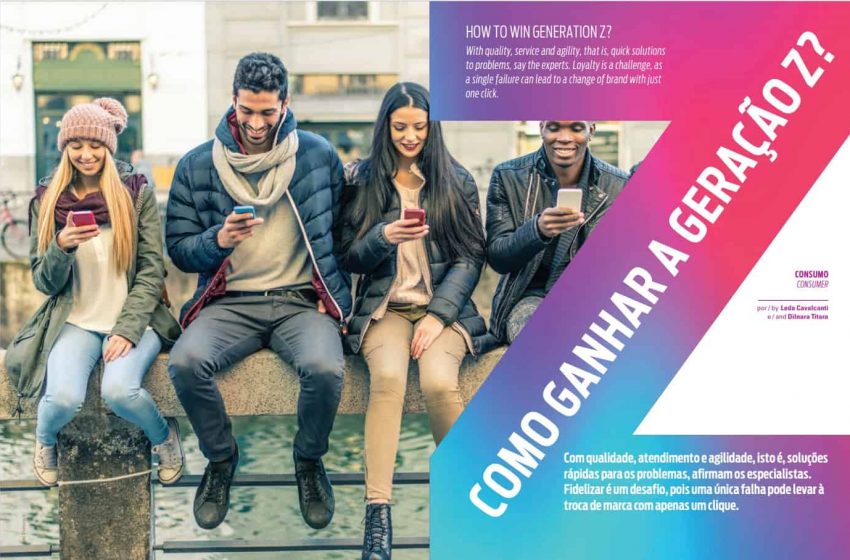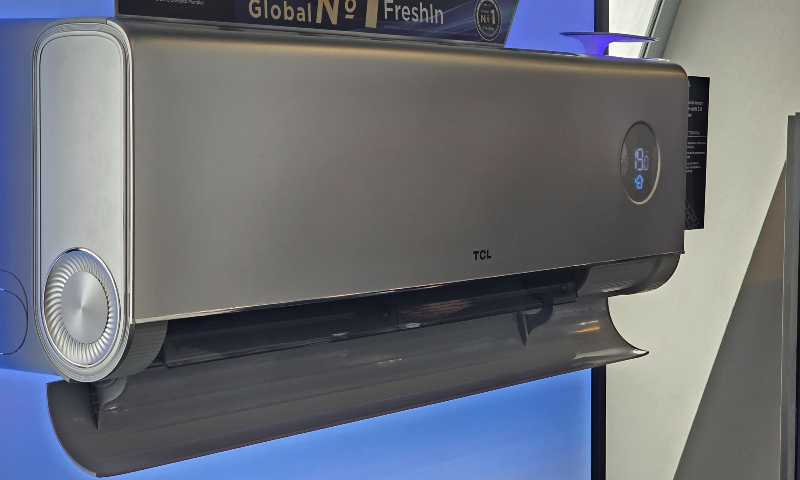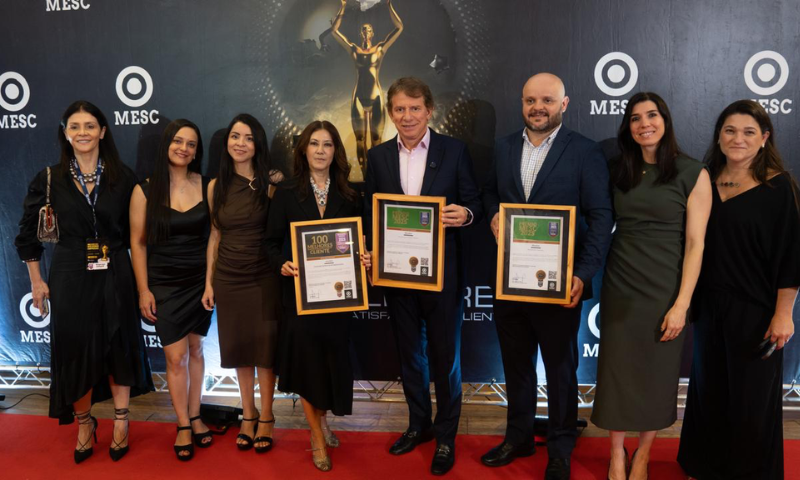
How to win generation Z?
by Leda Cavalcanti & Dilnara Titara
Made up of those born between 1996 and 2010, who today represent 28% of the global population, generation Z is the subject of studies by specialists and the attention of companies that seek to retain this digital native group. “These are young people who were born with the internet, are always connected, used to e-commerce and who research prices. It is in consumption that the big differences lie. As they are familiar with the internet, they are suspicious of traditional advertising”, says Maurício Morgado, coordinator of the Center for Excellence in Retail at Fundação Getulio Vargas (FGV EAESP).
Differences between generations have always existed, it is a fact, and all are now linked to social networks. “It’s not just a privilege of generation Z. What changes is the network with which they are most connected. What this generation has is social and environmental concern, it is less prejudiced than the previous one, it is better and is concerned with the legacy of the companies with which it relates to. They want them to solve problems and not discriminate in any way. It is an important proposal”, says Maurício.

Immediacy and lack of patience are characteristics of this generation, adds the professor. “Instead of researching, its members want quick answers to problems, preferably personalized. In the case of household appliances, they prefer a video to extensive manuals. They work in all channels, they don’t want to give the same CPF a thousand times or need to talk to the SAC. Therefore, companies have to be prepared and put speed in communication. Some are doing it, others are not, and an obstacle, in this case, is the fact that they are led by a generation that does not prioritize the way of serving and selling.”

“It is less prejudiced than the previous one, it is better and is concerned with the legacy of the companies with which it relates to.”
Technology in first place
Being part of Generation Z is synonymous with innovation and technology at full throttle, says Diego Oliveira, media professor at the Escola Superior de Propaganda e Marketing (ESPM) and CEO and founding partner of Youpper Insights. “It has gained more space in the media in recent years due to its strong characteristics. They are on top of all the technological innovations, engaged in social causes and in search of job changes. Due to uncertainties with politics and covid, for example, they become more impatient, which may make them more involved with social media to publicize opinions.”
In the pandemic, Generation Z made constant and excessive use of digital platforms, consumed lives and reality shows, spent more than in the pre-covid period and got involved with new brands. “According to a survey by Youpper Insights, 90% of its members learned about new brands through social networks. This demonstrates how attentive and open they are. This generation takes pleasure in posting brands that bring a social message and is proud to indicate and encourage others to do the same, all through social networks”, says Diego.

“It is necessary to create a language that is more like this generation, It would be interesting for companies to have a youth council to understand a generation raised with more sources of information.”
The most relevant attributes in the relationship of generation Z with brands are clarity, objectivity, transparency and passing on quality, explains Diego. “Maintaining the relationship with this consumer requires agility and correct delivery of what is promised by the brands in the campaigns. Its members are realistic, competitive and independent. They feel the need to express their opinions and take risks. They value creative actions and collective consciousness. They are considered mobile social media natives, the first digital natives.”

“This generation takes pleasure in posting brands that bring a social message and is proud to indicate and encourage others to do the same, all through social networks”
No strings attached
Until the arrival of the internet, knowledge was passed from top to bottom, that is, the boss spoke, and the employee did. There were few sources of learning, says Dado Schneider, a doctor in communication from the Pontifical Catholic University of Rio Grande do Sul (PUC/RS), a researcher and specialist in generation Z. “We researched in libraries, the sources were few and controllable. The internet revolutionized all this, it brought the diversity agenda, sharing and environmental concern. Gen Z young people exchange information with each other and don’t necessarily want to learn from older people. The impact of change is similar to that of the industrial revolution.”
The era is one of accelerated communication in all areas. “Brands, for over 15 years, have not understood Gen Z, who share everything and want the truth. It doesn’t give importance to brands, they change them easily, without any connection, unlike other generations, who even accepted poor service due to lack of option. Now, nobody belongs to anybody. It is not easy to manage a brand, and many are making an effort to rejuvenate their image, but in some cases the look is of old people thinking they are being young”, explains Dado.
Availability is the most important thing for a brand as, with one click, young people can look for another one. “They demand diversity from the brand, answers, and fast deliveries. They are dictatorial in the buying process and even influence the family. In this scenario, it is necessary to create a language that is more like this generation, which shares everything – from information to feelings. It’s another way of being. It would be interesting for companies to have a youth council to understand a generation raised with more sources of information and with no-strings attached.”
Source: Eletrolar News #146





